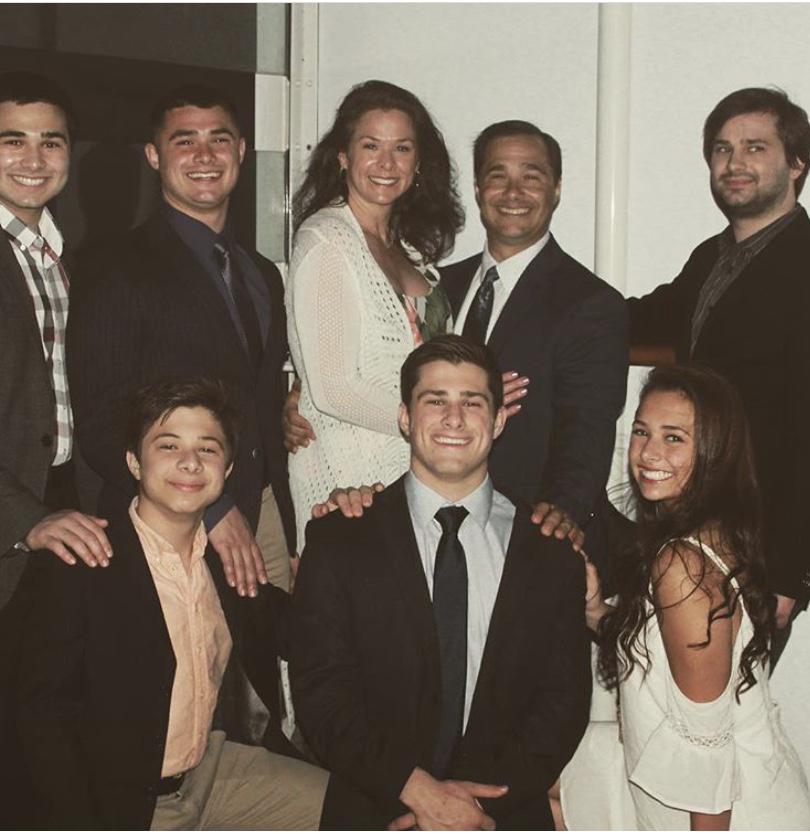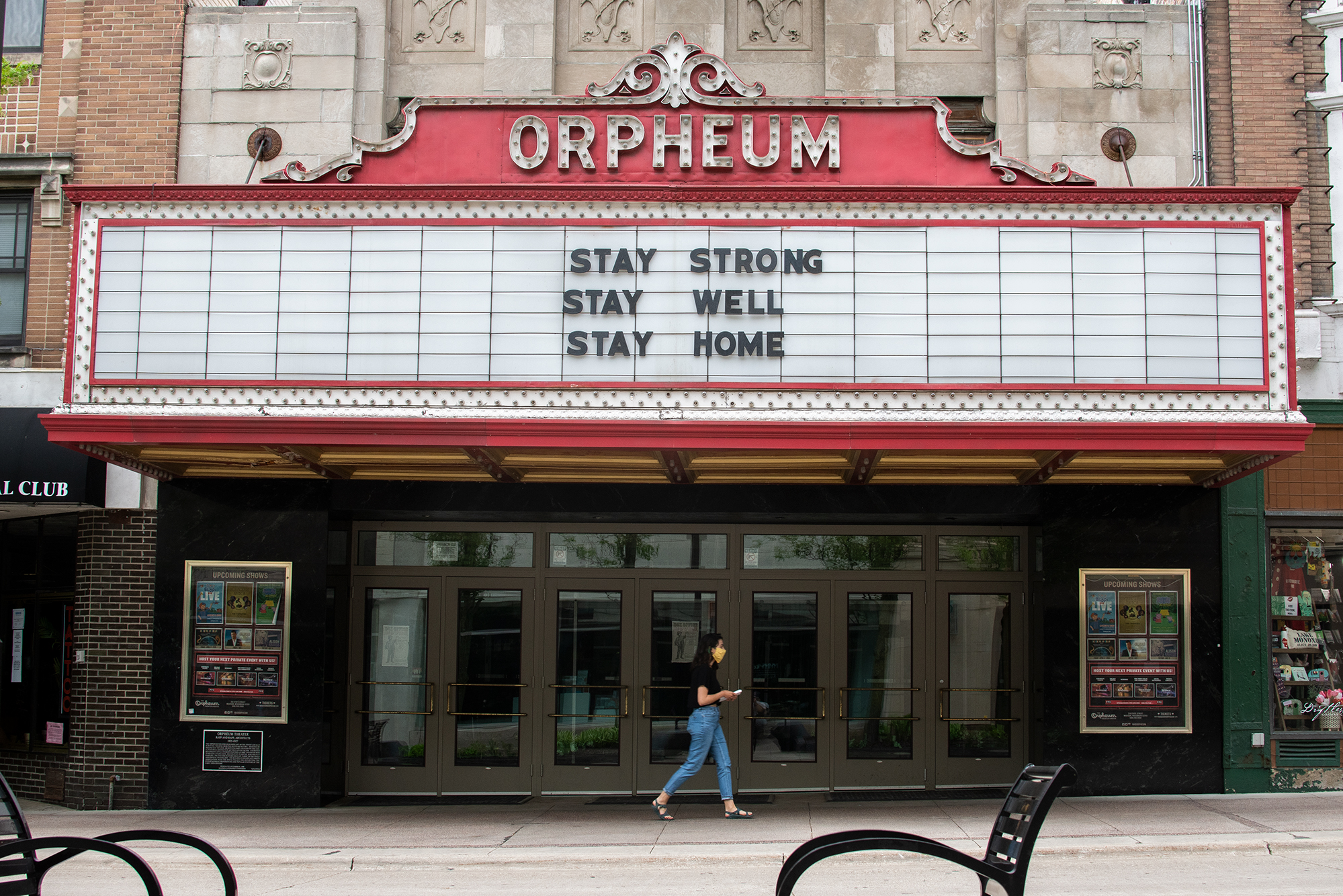
This story was originally published on North Carolina Public Radio - WUNC. Click here to view the original story.
The tears built up in my grandmother's eyes as she moved out of my house, a house she has called home for many years, while not being able to even hug her grandchildren goodbye.
Due to my sister being diagnosed with COVID-19, it was necessary for my family to evacuate my grandmother out of our house. Being 84 years old, this experience was challenging for someone who had been going through the same routine for years.
According to John Hopkins University, the COVID-19 pandemic has infected over 2.1 million people worldwide, but it is also influencing the lives of almost everyone across the globe, leaving people scared, hopeless, and uncertain about the future.
Having multiple immune deficiencies and being diagnosed with lupus, my sister Francesca was aware that she was at risk of being severely affected by COVID-19.
"I knew however dangerous it was, it was more dangerous for me," said Francesca D'Angelo. "Knowing the people around me weren't going to be careful, I knew I had to be extra careful."
With Francesca being in Louisiana and my grandmother living with us, my family had to make a difficult choice of whether or not we risk Francesca coming home, and bringing home the virus with her.
"New Orleans was rapidly becoming the fastest growing area in Louisiana, and the health care in Louisiana had been extremely problematic for Francesca in the past," said my mom, Carrie D'Angelo. "We had heard reports of the hospitals ultimately not having enough beds for everyone, so we knew we had to get her home to Boston, which has better healthcare overall."
When she got home from the airport, my family made sure my grandmother stayed far away from her, in case she caught the virus while traveling. My grandmother was happy to see her home, but struggled with not being able to kiss or hug her granddaughter, who she hadn't seen in months.
"Our family, maybe because we are Italian, loves to hug and kiss," said Francesca. "Coming home after a long period of time and not being able to hug anyone, or even sit with my grandmother, was hard."
After a few days of being home, Francesca started to cough and complained about a headache. When the doctor told her she had it, we moved my grandmother out of the house. How bad my sister's illness was going to get, however, was unknown.
"I denied that I had it at first because I did not want to seem overdramatic," said Francesca. "But once I started coughing, I knew that I most likely had it."
The first few days after Francesca was diagnosed were not too bad. She was coughing here and there, but it drastically got worse. Each day, the cough sounded more intense, and Francesca started to have trouble breathing.
"I was worried a little but when she first got it," said Carrie. "But by day 8 or 9, I was unsure if she was going to end up in the hospital."
In the house, everything was different in terms of how we interacted with each other. Francesca did not eat dinner with us, and we tried to stay away from her. However, it was nearly impossible to avoid every method of the virus possibly spreading.
"We were not as careful as we should have been," said Andy D'Angelo, my father. "As soon as my mother left the house, I felt it was inevitable we were all going to get it."
Although my little brother and I were at little risk of the virus becoming anything serious for us, my mother was still at high risk due to her age and her medical history.
"I was worried about Francesca," said Andy. "But I also was concerned about my wife because of her age and her having lupus."
We tried to stay positive throughout the week, but a sense of fear was always present, yet left unsaid. Until my sister started to become asymptomatic, there was uncertainty about when her symptoms were going to peak, and if they would force her to seek necessary treatment.
"I never told my husband or my kids that I was scared, but I was," said Carrie. "I wanted to stay positive and keep the spirits up, but not knowing if my daughter was going to get better was having a toll on me, both physically and mentally."
Once my sister was completely asymptomatic, we felt a surge of relief, but we hadn't finished our battle with the virus. The rest of the family still had to be careful, and we were not allowed to leave our house for at least two weeks, even to get food.
"My biggest worry wasn't that I was going to die," said Francesca. "My biggest worry was that I was going to be responsible for someone else dying, especially someone in my family."
It seemed things were finally getting better for my family. We had to stay quarantined for 14 days, and then we would be able to go shopping for food. However, it wasn't until my dad came down with the virus that we realized this was only the beginning of a long and stressful experience, not just for us, but for the entire world.









